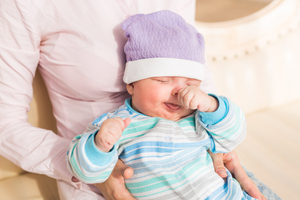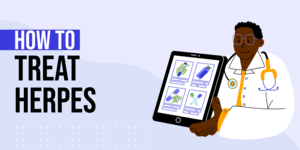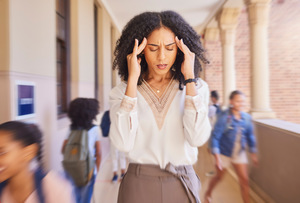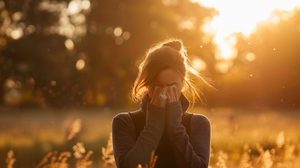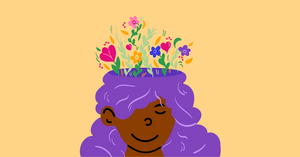Key points
- Halloween can trigger unexpected allergies, including asthma attacks from fog machines, bonfires, and dusty costumes.
- Many Halloween treats contain common allergens like peanuts, tree nuts, and dairy products, which can cause severe reactions.
- Costume components like nickel can cause dermatitis, and certain makeup brands can cause skin rashes and allergic reactions.
- Colored contact lenses can cause cornea scratches, leading to severe pain and requiring medical treatment.
- Colored contact lenses are not recommended by ophthalmologists as they can cause cornea scratches if not properly sized, leading to severe pain and the need for medical treatment.
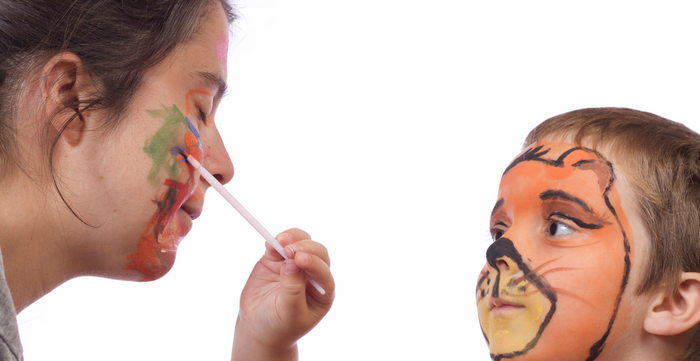
On All Hallows Eve the pumpkins, goblins, ghouls and ghosts appear on the streets, dressed in their very best costumes eager to speak the words: "Trick or Treat." However, parents should be aware of these five unexpected Halloween allergens and what to do if a child is affected.
Asthma Attack Inviters
Many things on Halloween can cause the unexpected asthma attack, like fog machines and bonfires used to celebrate the season. Another way to cause an asthma attack is to use old costumes packed away in attics or cellars without properly cleaning them before use. Dust and pollutants are often found in stored costumes so keep asthma attacks at bay by thoroughly laundering costumes, or buy a new one for your child.
Pumpkin patch picking is always fun, but the molds and other allergens found in these patches can also trigger an asthma attack. If your child has asthma, skip the pumpkin patches and head to the grocers to buy pumpkins.
It's always a good idea to ensure your child carries their emergency inhalers in the event of an asthma attack. If your child is traveling with a group of supervised children, make sure the leader knows of the asthma condition and what to do an attack occurs, including how to find the nearest urgent care clinic.
Beware of Food Allergies
Most parents know what foods their children are allergic to and speak to them about avoiding these foods. For others, the allergy may remain unknown until the child digests nuts or dairy products revealing the allergy for the first time.
Halloween treats are full of peanuts, tree nuts, and dairy products can also be found in chocolate treats. Children allergic to these ingredients will need quick urgent care if foods are consumed to prevent life-threatening anaphylaxis says the American College of Allergy, Asthma and Immunology.
If you are aware of a food allergy, make sure your child carries an EpiPen to prevent a reaction. For those who develop a food allergy for the first time, it's a good idea for parents and group leaders to know the location of the nearest walk-in clinic to seek immediate medical care.
Although rare, some children may be allergic to pumpkin and may experience itching, chest tightness, or trouble breathing so watch out for homemade pumpkin treats.
Be Wary of Costume Metals
Consumer Reports warns parents should also be aware of nickel which might be contained in some parts of costumes. Nickel can cause dermatitis leading to bumpy and itchy skin. Some other things to watch out for include princess tiaras, cowboy belts, pirate swords, and magic wands so be on alert and read product labels.
Halloween Makeup
While Halloween makeup is fun, not all brands are the same and many contain ingredients that can cause skin rashes and allergic reactions. It's best to use brand name makeup or test the Halloween makeup prior to using it. Place a small amount on a child's finger to see if a reaction occurs and if it does, don't use it. If the reaction spreads or gets worse, seek out retail clinics offering family care immediately.
Colored Contact Lenses
As much as your child may want to be scary by wearing colored contact lenses, ophthalmologists don't recommend these. Contact lenses must be appropriately sized for both eyes and if the wrong size is worn, children can scratch their corneas. Cornea scratches cause severe pain and will require you head to an urgent care center near you for medical treatment.
Be safe this Halloween and talk with your children if they have asthma and food allergies. Also warn them of dusty areas like fog machines and bonfires. With the proper forethought, Halloween can be fun for everyone.
Get a food allergy test performed at a lab testing center near you!
FAQs
What can cause unexpected asthma attacks during Halloween?
Fog machines, bonfires, dusty costumes, and allergens in pumpkin patches can trigger asthma attacks.
What common allergens are found in Halloween treats?
Halloween treats often contain peanuts, tree nuts, and dairy products, which can cause severe allergic reactions.
Can costumes and makeup cause allergic reactions?
Yes, nickel in costume components can cause dermatitis, and certain makeup brands can cause skin rashes and allergic reactions.
Are colored contact lenses safe for Halloween costumes?
No, colored contact lenses can cause cornea scratches if they are the wrong size, leading to severe pain and requiring medical treatment.
What precautions should parents take for children with allergies during Halloween?
Parents should ensure children carry emergency inhalers or EpiPens, avoid known allergens, and be aware of the nearest urgent care clinic.
What precautions should be taken with Halloween makeup?
Not all Halloween makeup brands are the same and some may contain ingredients that can cause skin rashes and allergic reactions. It's best to use brand name makeup or test the makeup prior to using it.
Why are colored contact lenses not recommended for children during Halloween?
Colored contact lenses must be appropriately sized for both eyes. If the wrong size is worn, children can scratch their corneas, causing severe pain and requiring medical treatment.
How can parents ensure a safe Halloween for their children?
Parents can ensure a safe Halloween by being aware of potential allergens, ensuring their child carries necessary medication, informing group leaders of any allergies or asthma conditions, and avoiding potentially harmful costume elements and makeup.




